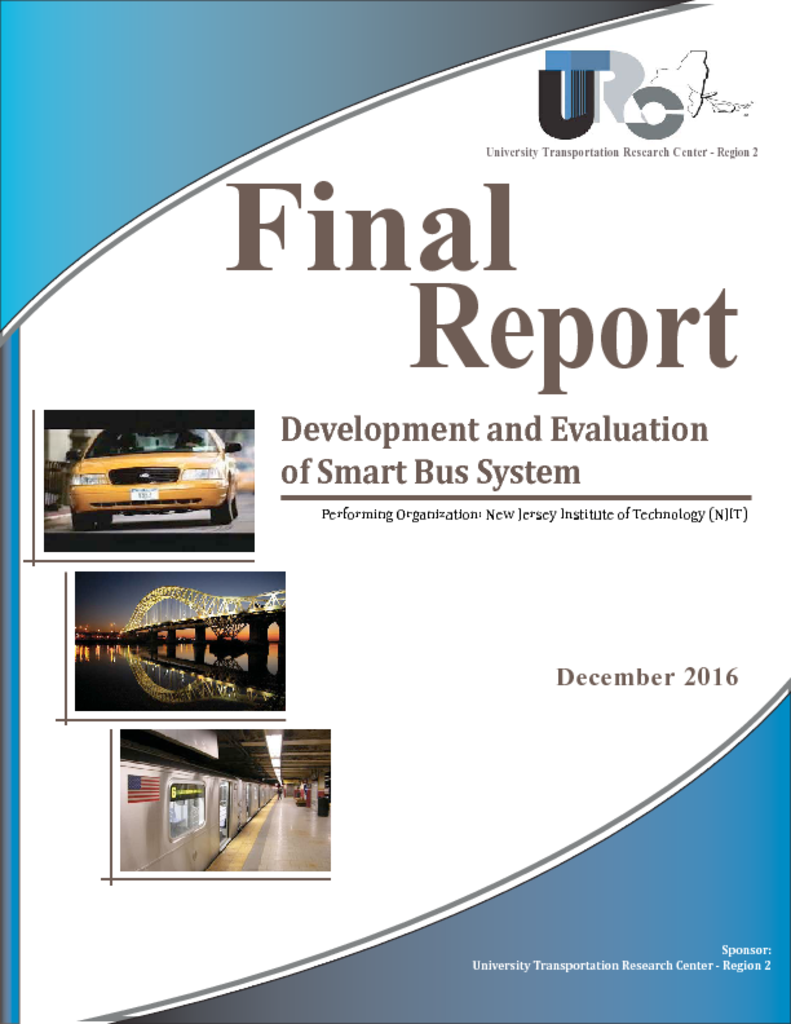Due to stochastic traffic conditions and fluctuated demand, transit passengers often suffer from unreliable services. Especially for buses, keeping on-time schedules is challenging as they share the right of way with non-transit traffic. With the advance of real-time interaction between passengers and operators, bus transit can be operated in a more flexible way, thereby resulting in an energy-efficient, eco-friendly, and cost-effective urban transportation mode. To improve transit system reliability under a wirelessly connected environment, this study proposes a smart bus system (SBS) enabled by two-way communication. The proposed system consists of dynamic route adjustment and smart transfer sub-systems, which can enhance bus performance via real-time operational responses not only to traffic conditions but to passenger requests. Eventually the system will encourage bus ridership, and improve the mobility and sustainability of urban transportation.




